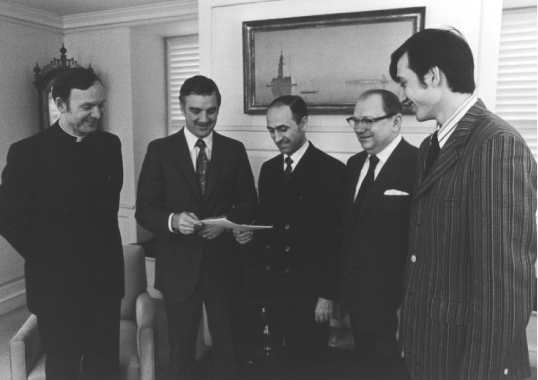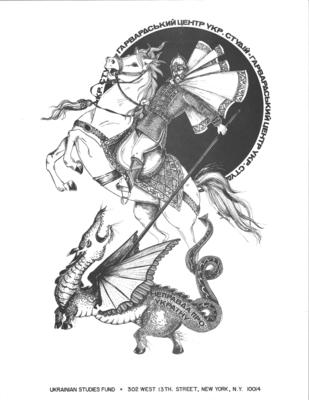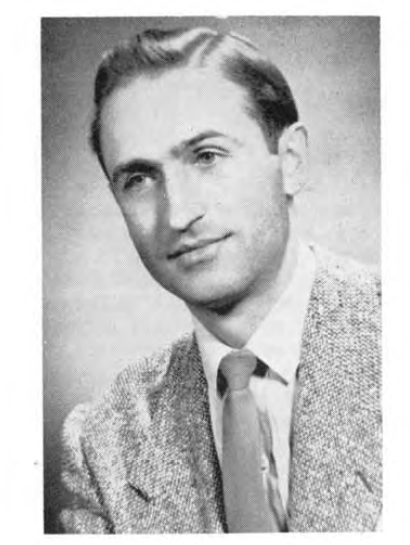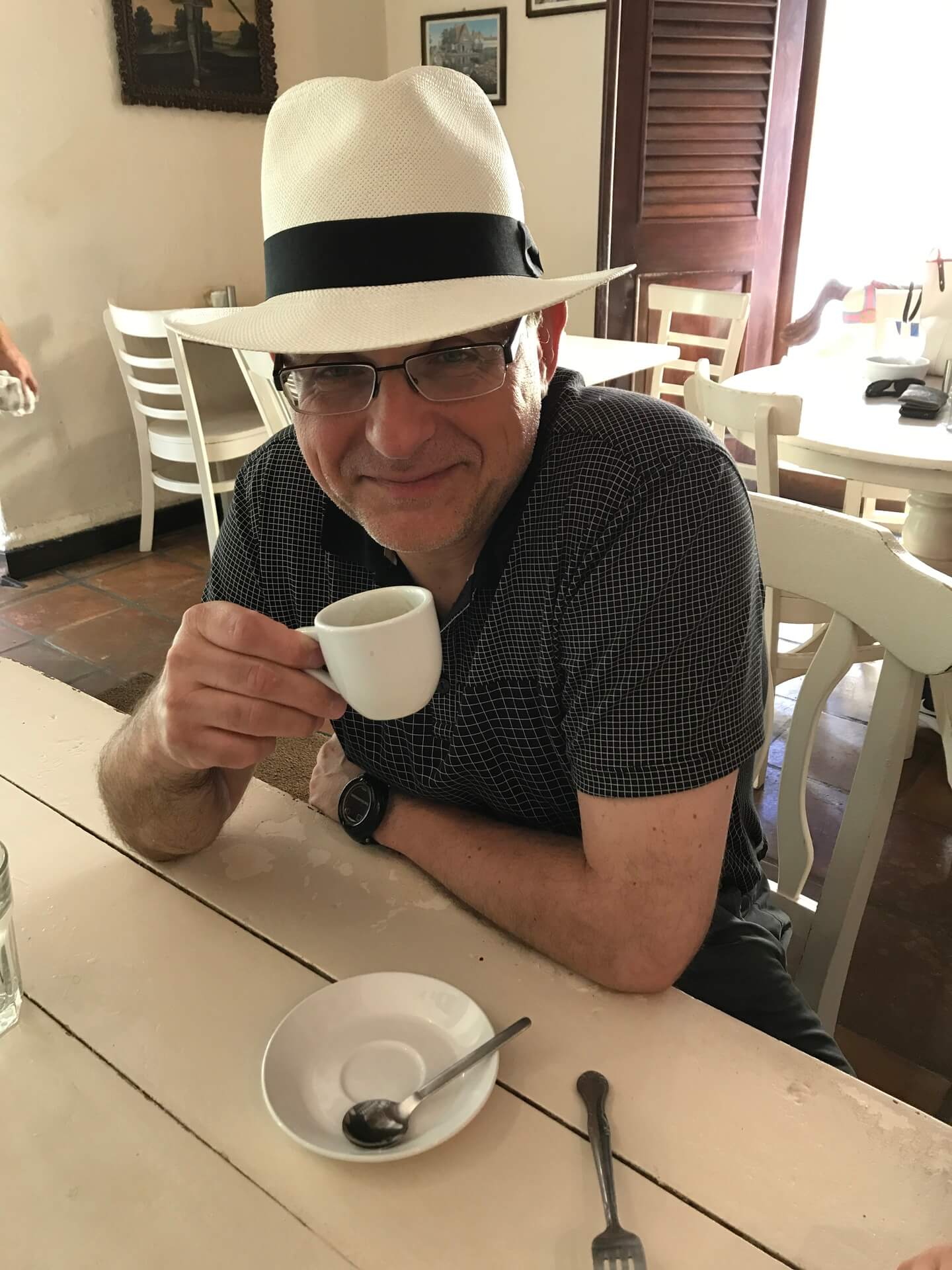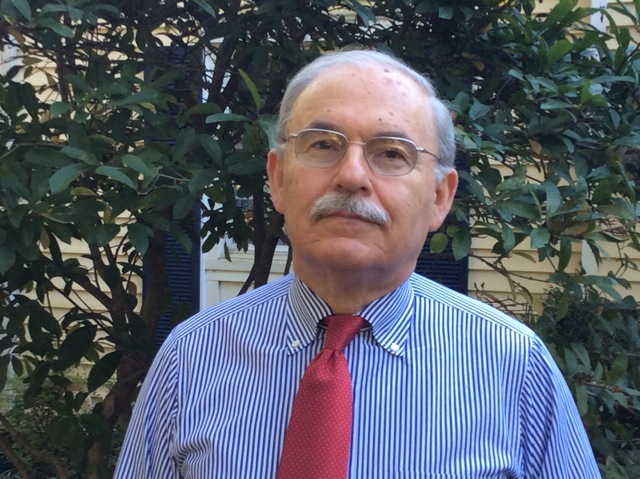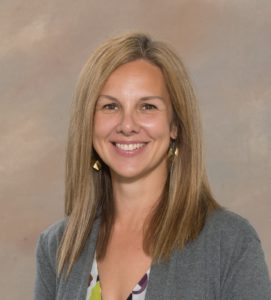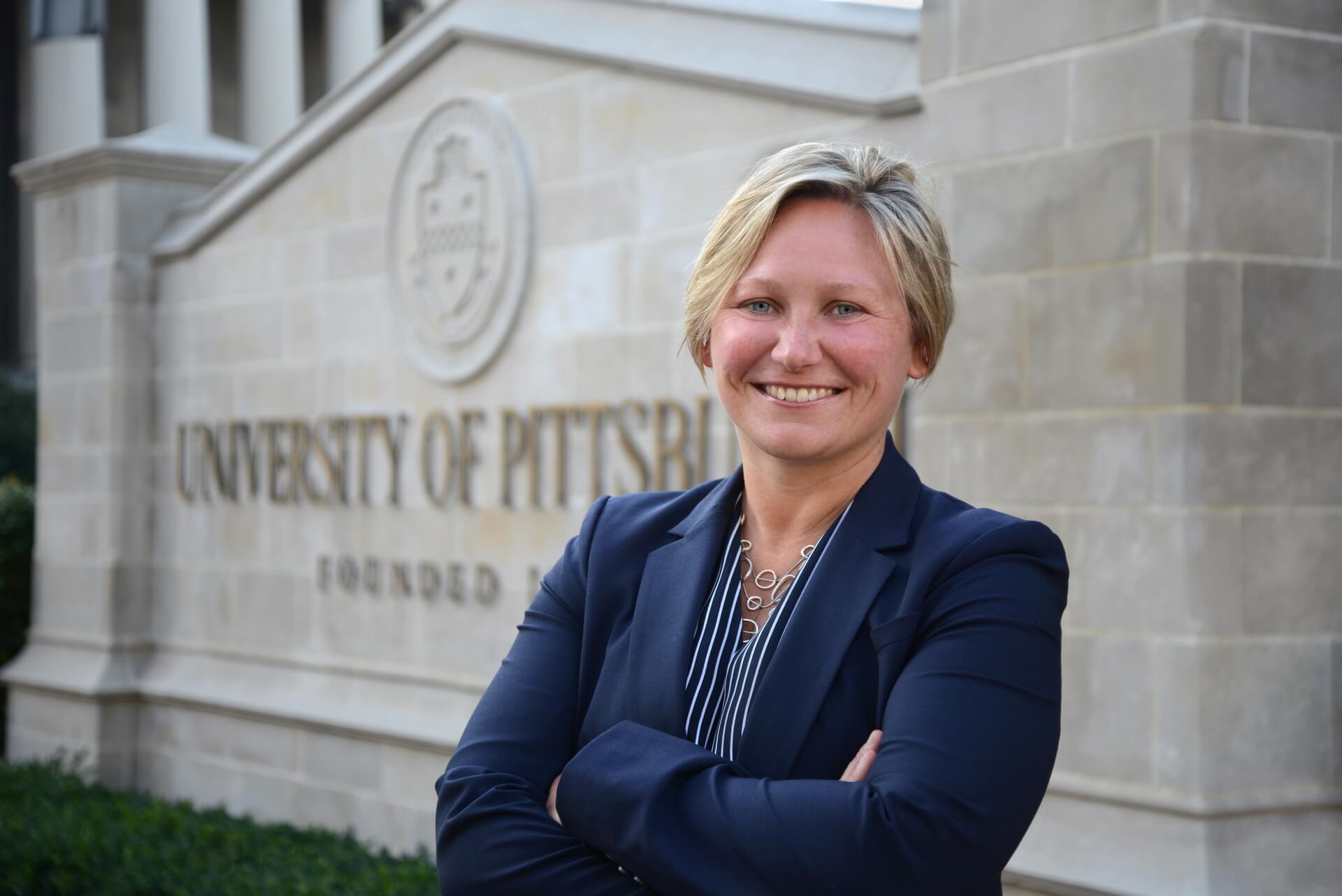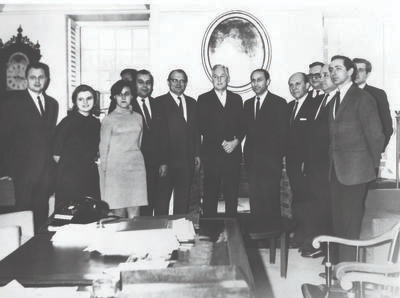HURI's Formal Foundation
In 1973, the Institute was formally established, creating a central point for scholarly interest in Ukraine and providing the necessary support for the chairs and scholars to conduct research and share their insights. HURI’s events programming has expanded over the years to include conferences, symposia, and special seminars for practitioners and policymakers, in addition to lectures, films, art exhibits, and other public programs.
The Institute maintains a reference library and archives. Combined with materials held in the Harvard University Library system, it is one of the largest collections of Ukrainian materials in the West, and an invaluable resource for students, faculty, associates, and fellows. The Institute’s in-house library (named the Omeljan Pritsak Memorial Library in 2007), contains reference materials, periodicals, and other basic resources available for use at the Institute.
Produced by the Institute’s publication office, the journal Harvard Ukrainian Studies was founded in 1977. Together with a series of book publications, including the Harvard Series in Ukrainian Studies and the Harvard Library of Early Ukrainian Literature, the program publishes scholarly work of the highest caliber that is sometimes too niche for larger presses. As evidenced by the monograph series, the initial focus of the publications program was on the medieval and early modern periods, philology, and comparative analyses of sources—all important for the Institute’s focus on preserving the historical and cultural roots of a suppressed Ukraine. Since Ukraine’s independence, the scope of its publications has expanded to include a broader range of disciplines, time periods, and regional comparisons. HURI’s publications program distributes its titles through Harvard University Press and co-publishes additional scholarly works with other institutes and publishers, such as Academic Studies Press.
